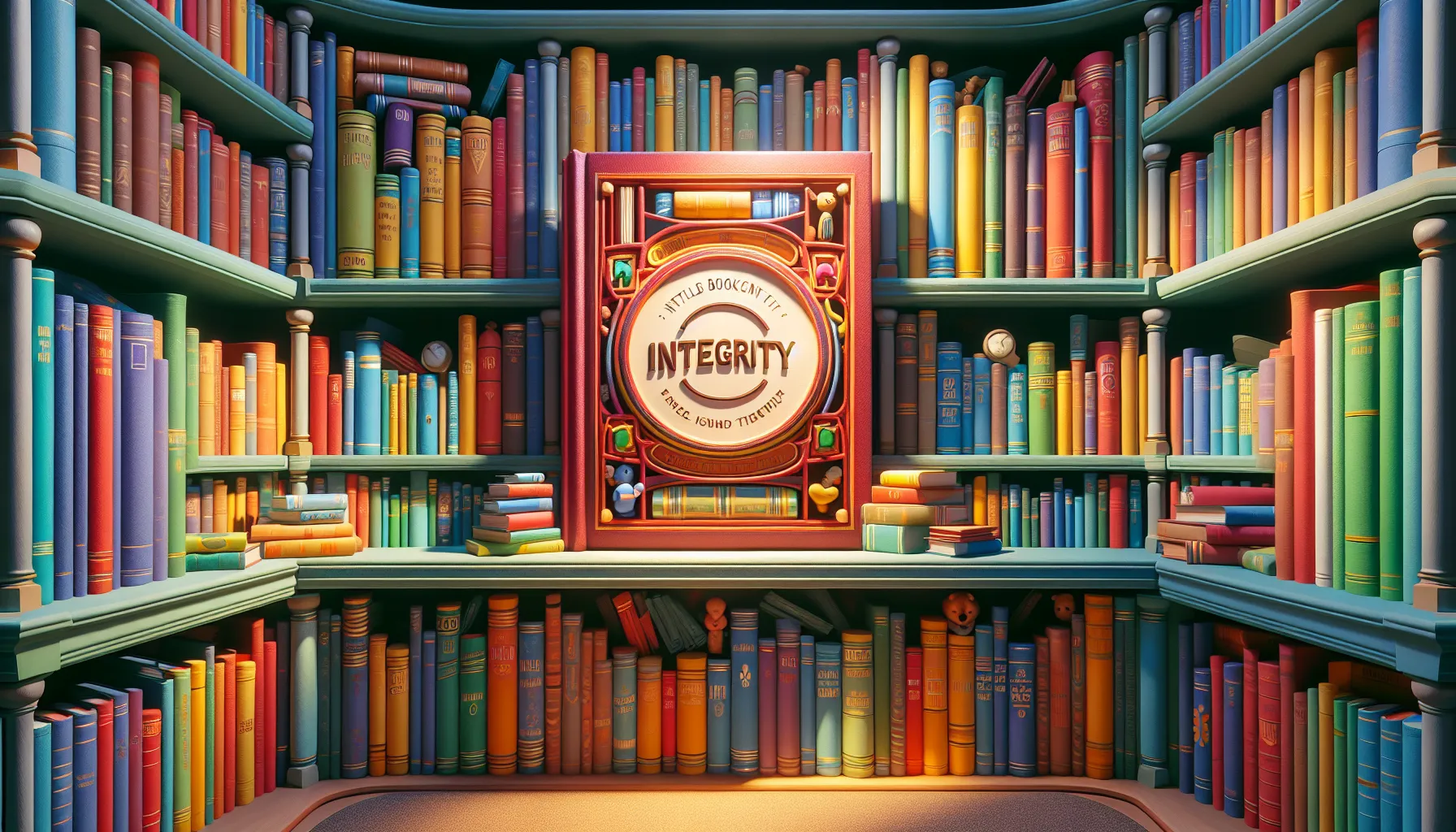Teaching Ethics Through Children’s Literature
In the quest to nurture ethical values in children through storytelling, we’ve gathered insights from creative directors to parenting bloggers. From learning empathy with Charlotte’s Web to inspiring ethical college essays with Huckleberry Finn, explore the impactful ways these four professionals use literature as a tool for teaching life’s important lessons.
- Learn Empathy from Charlotte’s Web
- Wonder Sparks Acceptance and Empathy
- Rainbow Fish Encourages Sharing and Kindness
- Huckleberry Finn Inspires Ethical College Essays
Learn Empathy from Charlotte’s Web
Using literature to teach ethical values to children is effective, and Charlotte’s Web by E.B. White is a great example.
Through the story of Charlotte and Wilbur, children learn about friendship, kindness, and selflessness. The impactful lessons about using one’s talents for the benefit of others create meaningful discussions about empathy and compassion.
Charlotte’s Web engages children emotionally, making ethical values more relatable and fostering critical thinking about the consequences of actions. Overall, literature provides a valuable platform for teaching children important life lessons and building strong moral character.
Marissa Sabrina, Creative Director, LeadLearnLeap
Wonder Sparks Acceptance and Empathy
One example of using literature to teach ethical values that has had a significant impact is the book Wonder by R.J. Palacio. This heartwarming story follows a young boy named August, who has a facial difference and struggles with being accepted by his peers.
Through this book, children are exposed to important themes such as acceptance, empathy, and standing up against bullying. The relatable characters and powerful storytelling in Wonder have sparked meaningful discussions among the children at my clinic. They could empathize with August’s struggles and understand the impact of their actions on others.
Paul Manley, Founder, Halo Health Clinic
Rainbow Fish Encourages Sharing and Kindness
We read a significant amount to our children, and we do it frequently. Our children learn so much from reading, including ethical values. Whenever we come across ethical values while reading with our kids, we take the time to have a discussion on that topic. These conversations are started because when reading books, our kids seem to remember and apply those values in their lives better. I believe that this is because the story within the book is relatable and enjoyable for the child, so they connect with the characters and try to emulate their positive behavior.
One example of this is when we read our boys one of their favorite books called Rainbow Fish. In this book, we are taught about how being kind and sharing with others brings greater happiness to our lives and the lives of others. It also teaches how everyone is benefited as a whole, which elevates the group together. Every time we read that book with our kids, they seem to do better about being kind and sharing with each other. This is only one of many examples of how reading has helped teach our kids ethical values!
Alex Morgan, Parenting Blogger, alexnjessica
Huckleberry Finn Inspires Ethical College Essays
As an admissions consultant, I’ve had the opportunity to work with thousands of students and their families. One of the most rewarding aspects of my job is helping students develop a strong sense of ethics and values in the college application process.
One way I use literature to teach ethical values is by discussing the themes and morals in classic works of literature. For example, one student I worked with needed help finding a unique topic for their college essay. They had strong academic credentials but needed to stand out with extracurricular activities or achievements.
I’ve been a long-time fan of Mark Twain’s The Adventures of Huckleberry Finn and suggested that the student read it for inspiration. After reading the novel, we discussed the moral dilemma faced by Huck Finn as he grappled with his conscience and societal expectations. What’s more, we talked about the importance of doing what’s right, even if it means going against the norm.
The student ultimately wrote an essay that explored their own moral struggles and how they overcame them. In the end, the essay is what helped them stand out in the ultra-competitive college admissions process. More importantly, the student gained a newfound respect and appreciation for ethical values.
Eric Eng, Founder and CEO, Private College Admissions Consultant. Business Owner, AdmissionSight
Submit Your Answer
Would you like to submit an alternate answer to the question, “How do you use literature to teach ethical values to children? Share one example and its impact.”
